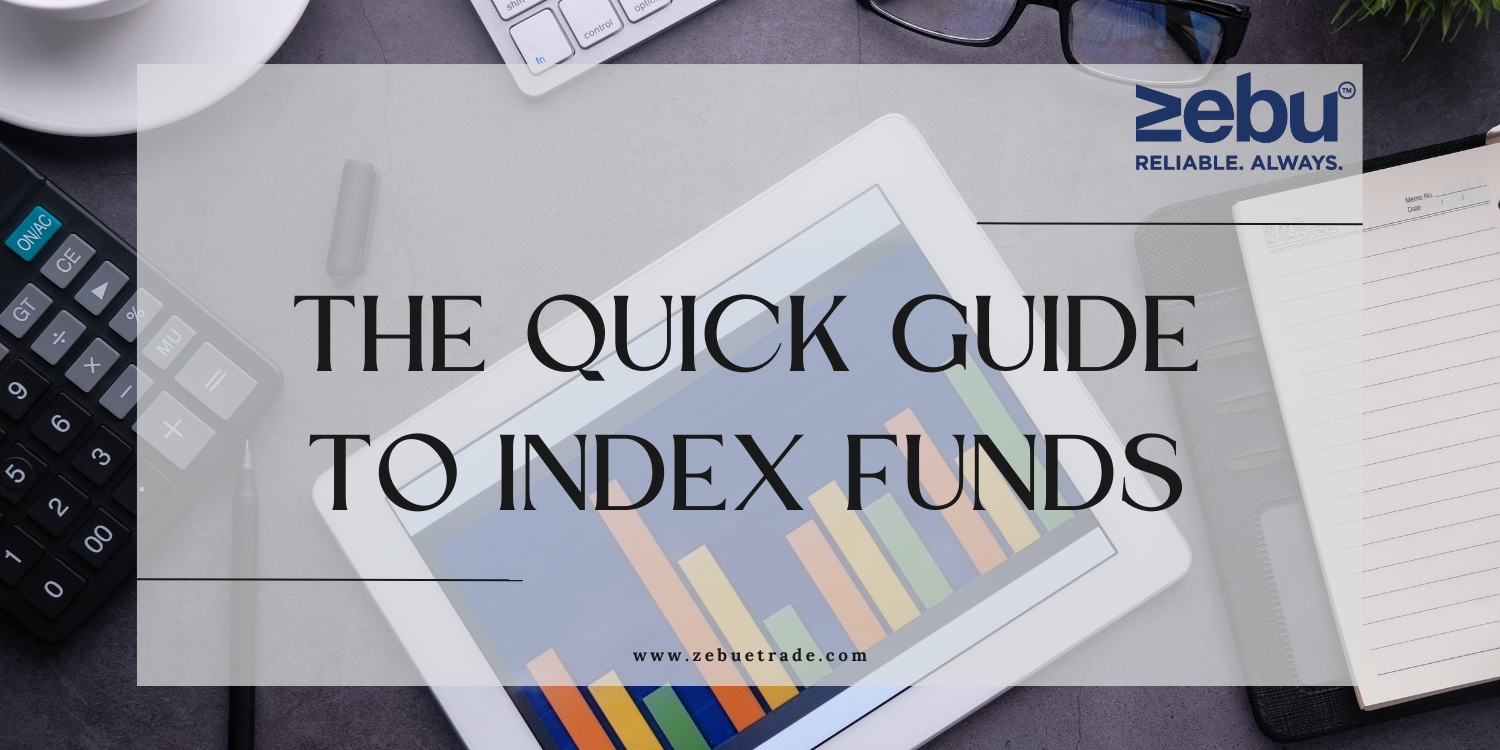
SIPs are simply the way in which you plan your investments. You can start investing little sums, one instalment at a time, over a period of years with the help of a SIP investment and develop your wealth.
Compounding is at work here, and if you keep investing for a long time, it will pay off handsomely. It is the amount of time you spend investing that matters, and not when you start investing.
When it comes to starting investments today, the first two things that come to mind are mutual fund investments and systematic investment plans (SIPs). Mutual funds can help you not only build wealth but also save money and achieve financial independence. SIP investments, like mutual fund investments, are becoming increasingly popular.
SIP allows you to buy mutual fund units at your convenience and within your budget. To minimise any last-minute payment inconsistencies, investors usually strive to maintain the SIP debit date close to the salary date. The money is automatically deducted from your bank account based on the bank’s standing instructions. It also helps in the formation of financial discipline in investors.
However if you consider investing or trading in share market, we at Zebu a share trading company offer the lowest brokerage for intraday trading and are one of top brokers in share market.
How Do You Begin SIP Investing?
You can purchase mutual funds directly from direct fund companies, either online or offline, or both. Depending on your option, you can open a SIP account by visiting your nearest bank or by going online. The funds can be purchased in a flat sum or over time through a systematic investment plan (SIP). Agents can also assist you in purchasing mutual funds. To begin trading, all you need to do is open a trading account and complete the mandatory KYC. And we at Zebu are here to help you with that. Please get in touch with us to know more about investing in SIPs and how you can build your wealth.
How Do You Pick the Best Mutual Fund?
There are so many investment options available today that deciding which one is best for you can be incredibly challenging.
The various mutual fund plans are further classified as equity, debt, or hybrid funds. The mutual fund you’ve chosen should be a good fit for your long-term objectives. If your objective is to retire early, for example, you should choose a fund that will help you increase your money in the shortest amount of time. Make it a point to look at the fund’s long-term record, the fund manager’s performance, and the expense ratio. All of this information can be found on the fund’s website.
Which Option Should You Pick?
Almost all of the funds available these days provide you with the option of choosing between two options: dividend or growth. If you choose the dividend fund option, you will be paid on a regular basis according to the fund’s due date.
The growth option, on the other hand, allows you to reinvest your dividends, resulting in higher returns and a higher net asset value. Depending on your needs and preferences, you can select one of the two possibilities.
Which should you choose: Direct or Regular?
Almost every fund on the market today has two options: direct or regular. There are no intermediaries in the direct one because it is sold straight by the fund houses. The traditional one has agents and mediators in the middle, resulting in a greater expense ratio and lesser profits. Direct funds are a superior option if you’re seeking long-term investment options.
What should the quantity of investment be?
The biggest advantage of SIP investing is that you can invest any amount you like, even as little as INR500 every month. Minimum values vary depending on the scheme. You can use a SIP calculator to figure out how much to invest in order to get the desired end result.
For example, if you require Rs 1 crore in the next 20 years, you should invest INR.10000 every month in a scheme that will provide you with 12% annual returns.
Returns
All of the funds’ returns are calculated according to the specified dates, and they are also available on the fund’s website. Take your time to learn about the fund’s short and long-term returns to gain a clear picture of its performance.
Risks
There’s an old adage that great risks lead to great rewards. SIP investments work in a similar way. You can easily earn some decent profits if you are ready to take chances. The returns are primarily determined by the market’s volatility and how it operates.
The equity funds are invested in stocks, and the returns are entirely contingent on the stock’s market success. Debt funds are low-risk investments that often invest in government bonds and treasury bills, among other things. However, due to the microeconomics involved, even these cannot be considered risk-free.
Tax
When you try to redeem your investment after the fund’s duration has ended, the units you invested are redeemed on a first-in, first-out basis. The units you bought, in the beginning, will be redeemed first, followed by the units you bought afterwards.
Long-term capital gains tax exemption is available for equity funds that are considered long-term investments. If you opt to redeem stock units before the one-year period is through, you will be subject to a 14.5 per cent short-term capital gain tax. For an amount up to Rs 10 lakh each year, equity returns are tax-free.
Debt fund investments are only deemed long-term investments until they have been successfully completed for three years, at which point you will be eligible for tax benefits. This money is taxed at a 38.45 per cent rate.
How do you keep track of your SIP?
SIPs, like any other investment, must be tracked. You just cannot leave them unattended, despite the fact that they are considered safe and reliable. The performance of mutual funds can be tracked using their statements. If you notice any discrepancies and the fund’s performance falls short of your expectations, you can switch it at any time or redeem the units you deposited.
As we mentioned earlier if you are planning to invest or trade, we at Zebu a share trading company offer the lowest brokerage for intraday trading and are one of top brokers in share market.



